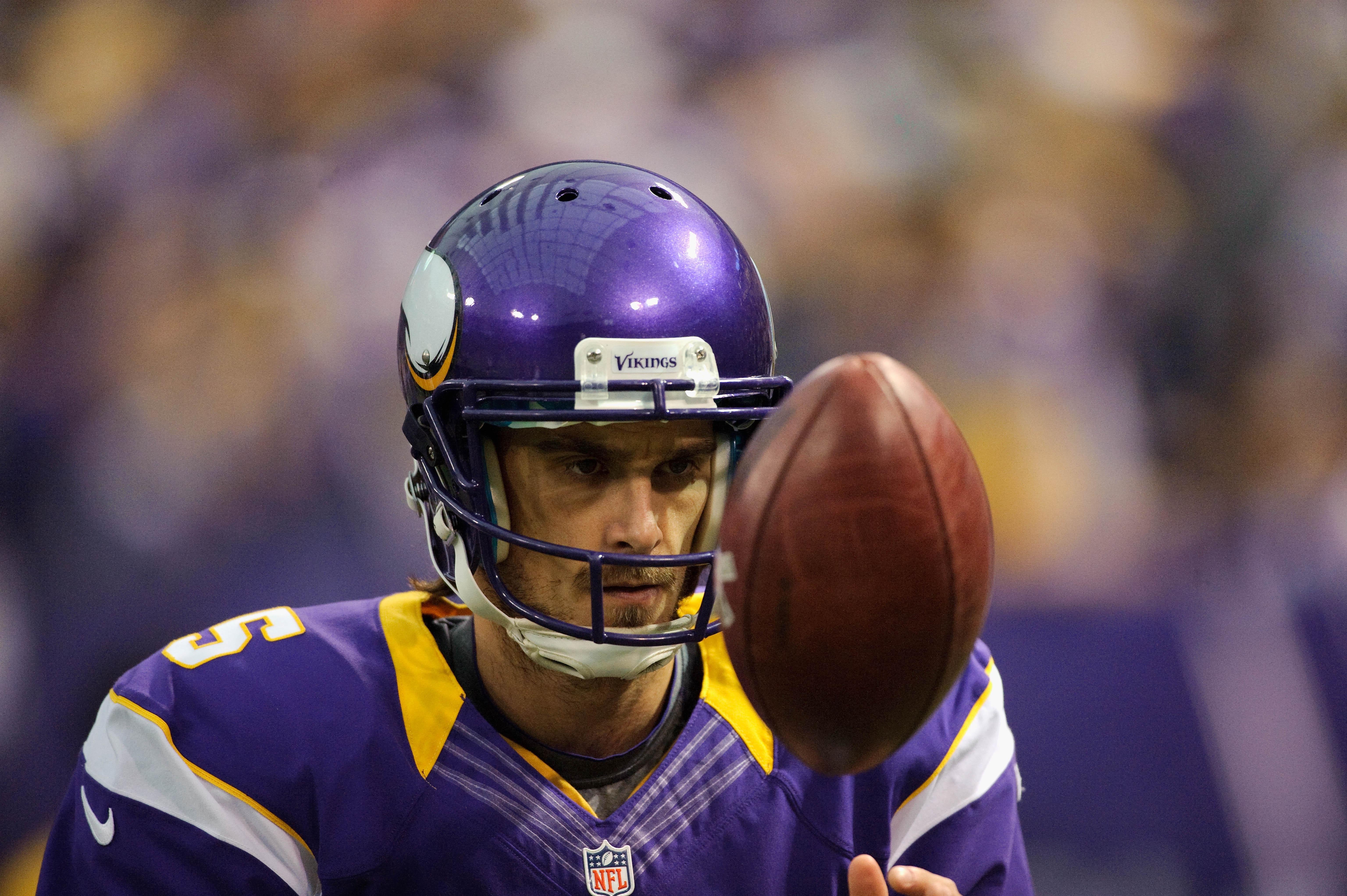This week, three former Vanderbilt football players were arrested on charges of aggravated rape and aggravated sexual battery after allegedly “raping an unconscious victim” in a Vanderbilt dorm in June (the players were dismissed from the team pending the investigation). It’s the latest high-profile sexual assault case to infiltrate the game of football; in recent years, reports of the crime have stretched from Penn State locker rooms to Steubenville Big Red parties to the various off-field locales frequented by Pittsburgh Steelers quarterback Ben Roethlisberger. It’s perhaps unfair that football players of all ages command national attention in connection to sexual assault while crimes committed by non-athletes go underreported, but it’s nevertheless become a visibility problem for the sport. Football players and coaches are community role models who can step onto the pedestal in their teens (the boys of Steubenville) and remain there until their twilight years (the coaches of Penn State). When football stars are accused of committing or covering for rape, the world takes notice.
As Slate’s Justin Peters has noted, it’s impossible to directly compare rates of sexual assault and domestic violence among pro athletes to men in the general population. But several studies have shown that athletes are much less likely to be convicted when charged: “In a 1997 study, Northeastern University’s Jeffrey Benedict and Alan Klein found that the athletes in their sample who were charged with sexual assault were only convicted 31 percent of the time, compared with a 54 percent conviction rate for the general population,” Peters writes. Punishment within the NFL has also been lax. Peters noted at the time that while one-time Broncos wide receiver Brandon Marshall had been repeatedly charged with domestic violence, he had only been suspended for one game; players found taking Adderall are suspended for four.
Peters suggests that NFL Commissioner Roger Goodell needs to take the lead in taking action when these cases arise. But the ongoing national conversation about sexual assault in football also presents an opportunity for a prominent player to take a stand against rape. In recent years, several pro football players have taken steps to establish their legacies in the political arena as well as the athletic one: Oakland Raiders punter Chris Kluwe and former Baltimore Ravens linebacker Brendon Ayanbadejo have both been outspoken in their support for marriage equality; on the other side of the aisle, Tim Tebow has leveraged his stardom to campaign against abortion rights. It’s not clear why anti-rape activism, an ostensibly politically neutral stance, has failed to attract its own major-league star.
Whenever a football luminary is implicated in rape charges, the case is complicated by fans of the team who rally on behalf of their star as if the season or team’s legacy depended on it. (Sometimes, it does: After the Jerry Sandusky case broke, Paterno was stripped of 111 wins.) A big-name anti-rape advocate would help reframe assault as a game- and society-wide problem divorced from team affiliation. It would help rehabilitate the image of football as a sport filled with men who are not just uninvolved in these sexual assaults and their cover-ups, but actively opposed to them. And it just might help victims of sexual assault, too—many of whom also count themselves as sports fans.
Correction, August 13, 2013: This post originally referred to NFL wide receiver Brandon Marshall as a Denver Bronco. Marshall now plays for the Chicago Bears.
